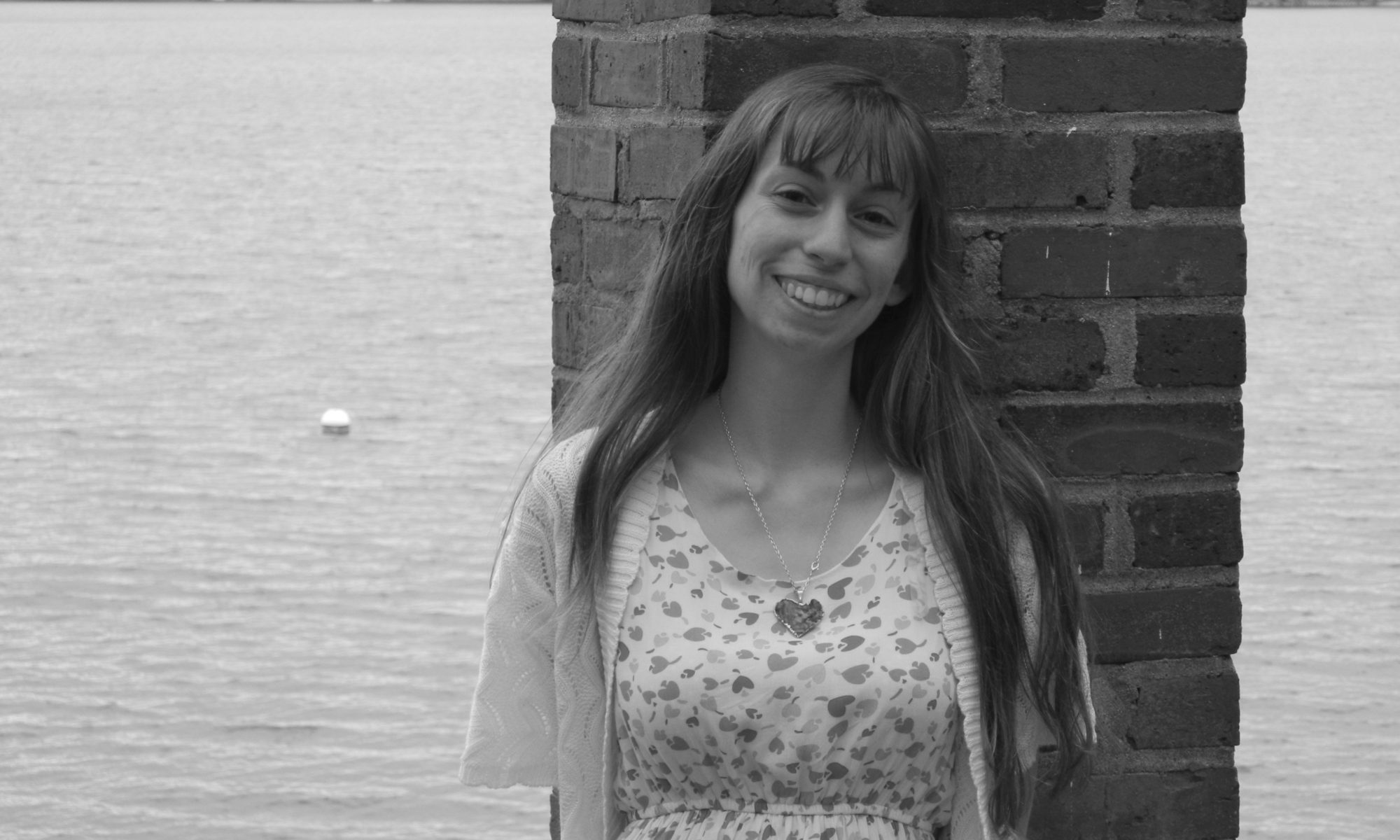What does it mean to be a feminist? It’s a question you’ve likely heard before, perhaps several times. Perhaps you’ve even asked it yourself. Merriam-Webster Dictionary defines feminism as “the theory of the political, economic, and social equality of the sexes.” A feminist, then, would be someone who believes in this theory. Simple enough, right?
And yet, feminism is not (and has never been) quite that simple.
The word “feminist” brings to mind a whole host of images. Depending on your background and your own personal beliefs, you may think of a feminist as an unshaven, overweight woman waving a protest sign in your face, or women wearing pink hats at the Women’s March on Washington, or a “man-hating lesbian,” or historical figures like Eleanor Roosevelt and Virginia Woolf, or celebrity activists like Beyoncé and Emma Watson. Feminist has always been a loaded term, a term that even many advocates for women’s rights shy away from.
The conflict here stems from a discrepancy between being a feminist and doing feminism. Being a feminist is anyone who supports the aforementioned definition of feminism given by Merriam-Webster’s. Subscribing to this belief system is all one needs to be a feminist. Doing feminism, as the name implies, is about action. To do feminism refers to the actions you take on a regular basis to promote and move toward equality for all people, regardless of gender identification. For example, what do you say to others in order to promote the feminist cause? What issues do you protest with regard to gender equality? Who and what do you read? Do you approach discussions with others about oppression from a feminist standpoint? Do you consume your media consciously, expressing criticism of discriminatory attitudes and premises? How each of us answers these questions determines what our personal picture of feminism looks like.
During the 1960s, radical and liberal feminists clashed over how best to achieve their goals of equality. Radical feminists called for a total upheaval of the current sociopolitical structure to eradicate the patriarchy while liberal feminists worked within the already-existing confines of patriarchy to pass legislation like the Equal Rights Amendment. Radical feminists thought that liberal feminists were too lenient on patriarchy while liberal feminists thought radical feminists were too severe on patriarchy. One issue that these two groups clashed over was childcare. While liberal feminists often argued that childcare needed to be more affordable for working mothers, radical feminists argued that patriarchy unfairly burdened women (and not men) with having to choose between child-rearing and a professional career. (There was a short-lived campaign for housewives to be paid for taking care of the domestic sphere, but it was unfortunately unsuccessful.) Although, at the end of the day, the two camps still believed in equal rights for men and women, how they chose to do feminism was what made them different and oftentimes caused conflict.
We can still see these kinds of conflicts in twenty-first century feminism. The increasing visibility of people who identify as transgender, nonbinary, or gender nonconforming have brought to light the kind of oppression they face because of their gender identities. Not only do individuals who identify as transgender and nonbinary face discrimination in spaces like public bathrooms, but they also face oppression in the workplace, with “near universal” harassment and double the national unemployment rate, according to the 2011 National Transgender Discrimination Survey. However, not everyone believes that transgender and nonbinary people should be included in their version of feminism. This brings to mind a similar debate from the 1960s regarding who should and should not be included in the feminist movement. Some lesbians argued that straight women, by having romantic and sexual relationships with men, were simply perpetuating the patriarchy. One could not be in a truly equal relationship with a man because men were always part of the patriarchy and would always seek to dominate women.
To give another modern-day example, many feminists have taken to the Internet as a form of protest and expression. The Internet has proved a valuable tool for many to spread awareness of feminist issues through more easily-digestible forms (like videos, blog posts, and even Tweets). On the flip side, there are those that argue that this isn’t “really” feminism: simply sharing videos and blog posts on one’s social networking sites does not constitute activism. Is “Internet activism” just one way of doing feminism, or does it fail to do enough for the cause?
In my opinion, this policing of what is and is not feminism and who is and isn’t a feminist can really slow progress. In the fight for equality, excluding others who have been discriminated against runs counter to the feminist message of equality for all. Feminism is about dismantling existing patriarchal power structures so that everyone has equal opportunities and can live their lives freely without fear of being repressed or silenced. Regardless of how each of us choose to do feminism, we should seek to include as many in our fight as possible.
The title of this column (“We Are No Birds”) is taken from Charlotte Bronte’s Jane Eyre, a classic work of literature and one of my personal favorite books. Rochester, the main love interest, has committed a crime that the morally upright protagonist, Jane, doesn’t think she can forgive. When Rochester jokes that Jane is like a bird tearing out its feathers by trying to get away from him, Jane exclaims: “I am no bird; and no net ensnares me: I am a free human being with an independent will.” I’ve adapted the quote and made it plural in the hopes that it will speak to a multitude of issues. Similarly, I am hoping this column can speak to many experiences in being and doing feminism, whatever they may look like. However we identify, whoever we are, we are not birds.
##
Sources (in order by mention):
https://www.merriam-webster.com/dictionary/feminist
http://www.transequality.org/issues/resources/national-transgender-discrimination-survey-full-report
Bronte, Charlotte. Jane Eyre. Edited by Richard J. Dunn, W. W. Norton and Company, 1987

